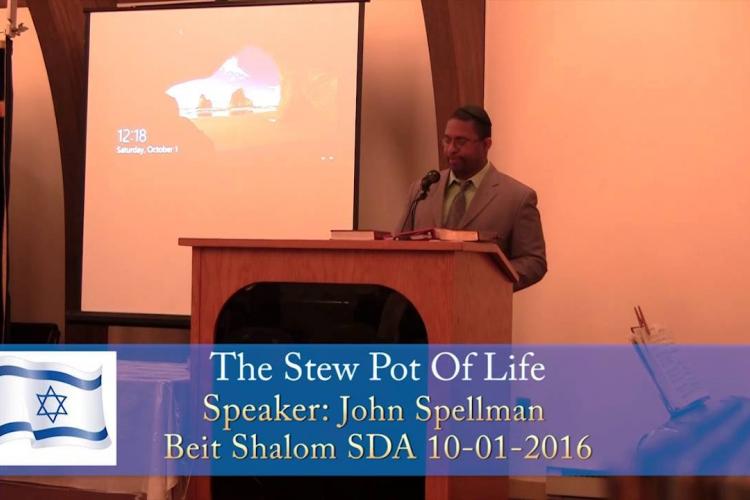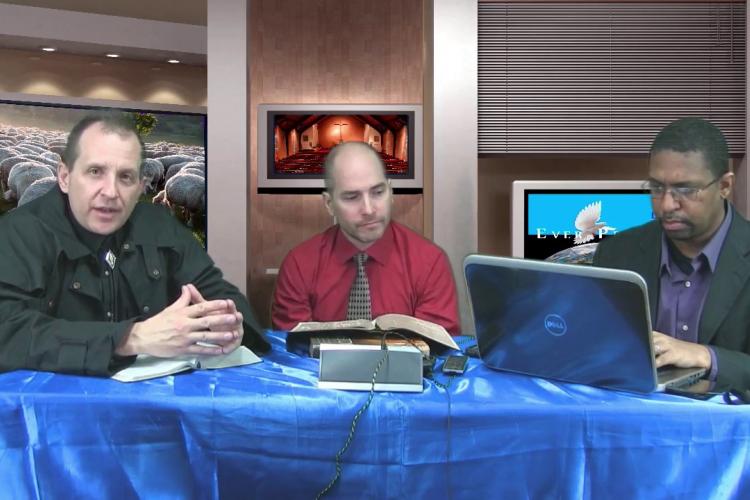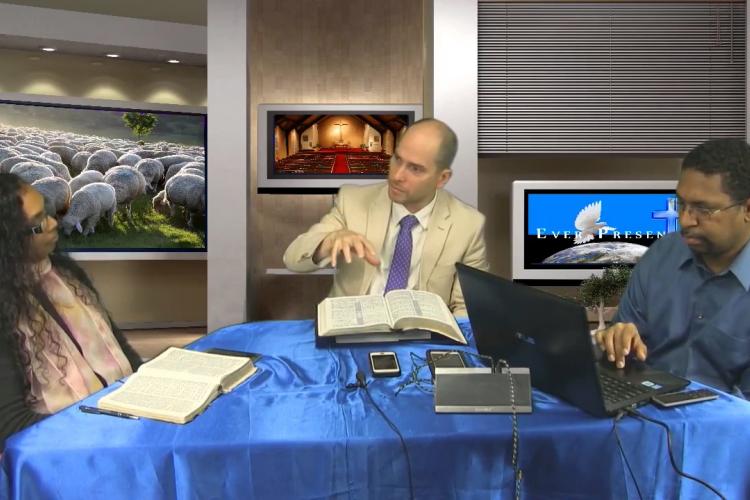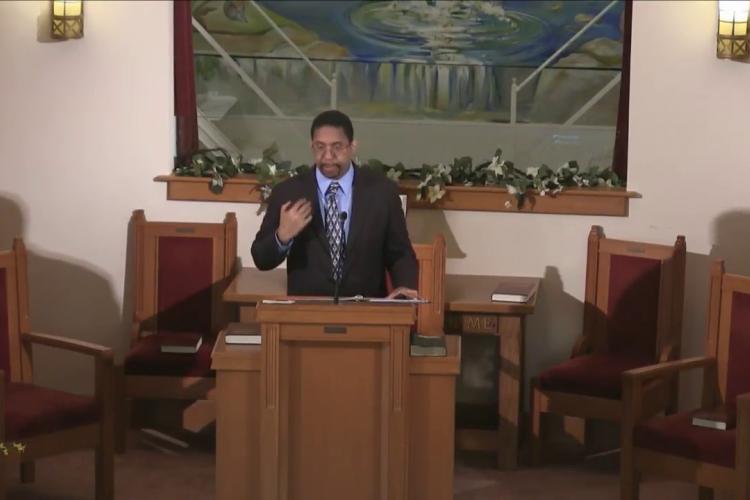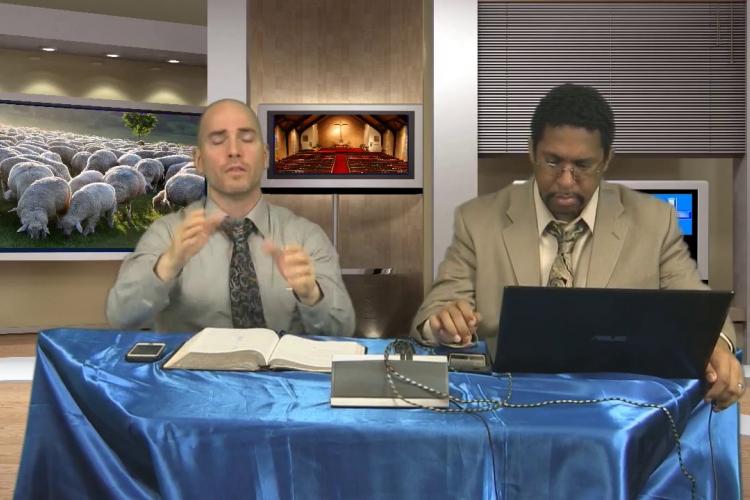John Spellman preaches at the Beit Shalom SDA Congregation on 2 Kings 4:38-44. During a time of famine in Gilgal, the sons of the prophets were hungry. Elisha tells them to make a pot of stew. But in one man's effort to gather the ingredients, he accidentally introduces a poisonous substance to the stew pot. The sons of the prophets proclaim that there is death in the pot. How can this relate to our Christian experience today? What is in the stew pot of our lives? Do we sometimes poison ourselves without knowing it?
Does the Bible originate with men or from a divine source? Can we trust that the Bible is really God’s Word? What role did the Holy Spirit play in the writing of the Bible? How are we to understand revelation and inspiration? Was the Holy Spirit only active in ancient times or does He still have an active role today in helping us to understand truth? Can the leading of the Spirit ever contradict the Word of God? How are we to understand the relationship between the Holy Spirit and the Word of God?
What if there was a way to know the future of our world and what if that future could be filled with hope? What if there was a bright and exciting future that has been planned for you since the beginning of time? With all the chaos and uncertainties in our world today, many are concerned about the future of our nation, the stock market, politics, and even the fate of the planet itself. But what if everything: the wars, the divisions, the disasters… were all on schedule, pointing us toward a future event that would change life as we know it?
What if everything you knew was a lie? What if you have lived your whole life seeing, but never really seeing or hearing, but understanding nothing? What if all the answers have been within your reach, but you were never able grasp them? What if you’ve lived almost your whole life, with a blind fold on? Would this news surprise you? What if I told you that there’s a way to take the blind fold off? Would you want to get rid of it? Or would you rather leave it on?
Is the Bible really God's Word? Does it really speak to us today? Does God really have a message for us? Why should people read the Bible and what can it teach us? Can we get closer to God by spending time with it? How did Jesus relate to the Bible when He was here on earth? How does the Bible reveal God's presence in our world today?
This week Pastor Michael Mirra focuses on attacks against the Word of God and the inclination of man to resist and not hear or listen to the Word of God. There were times in history when the Bible was not always available to the common person. But was the Bible meant to be read and available to everyone? Were the dark ages because of the Bible, or did the Bible bring us out of the dark ages? Why are there so many who twist the word of God? How do we know that Moses really wrote the first five books? What was so special about Moses?
Elder John Spellman preaches on the Elisha and the healing of the waters of Jericho that were cursed for many years using a cruse of salt. What special message might this hold for us today? Are we like the living water or the corrupted water that makes the land barren?
Pastor Michael Mirra speaks on the trust worthiness of the Bible as he explores the writings and arguments of those who say the Bible can't be trusted. He also begins to expound on the manuscript evidence and history associated with the Bible to provide us with solid reasons for faith. Does the historical record show we can trust the Bible? Did Jesus really exist? Did Jesus really do the things told to us in the Bible? Did Moses write the first 5 books?
Part 4 to the presentation on the Bible, Pastor Mirra discusses manuscript evidence making a compelling case for belief in the Bible. How does the Bible's reliability compare with that of other ancient manuscripts like the writings of Socrates, Plato, and other historical figures? Does the record show we can trust the Bible? What does all this mean for God's presence in our lives today?
This quarter we focus on the book of Galatians. What can the life of Paul, starting out as Saul of Tarsus, tell us about the context of Galatians? What were the historical circumstances under which the book was written? What happened in the early church between the Jewish and Gentile converts to Christianity? How can this help us to understand the themes of the book of Galatians?

